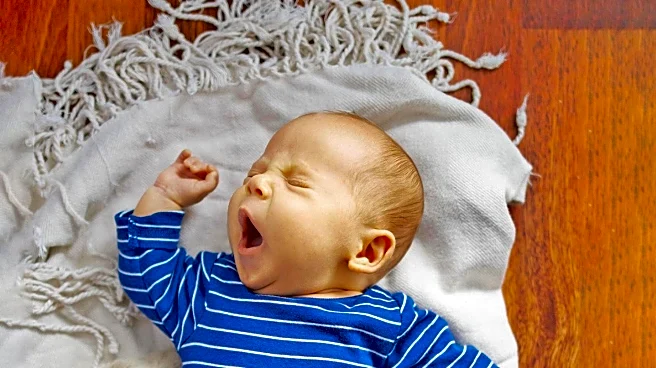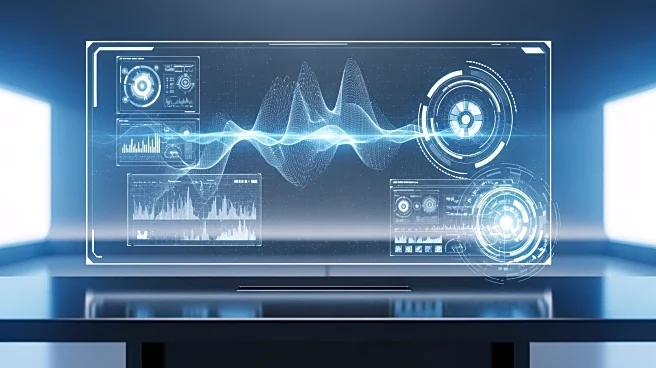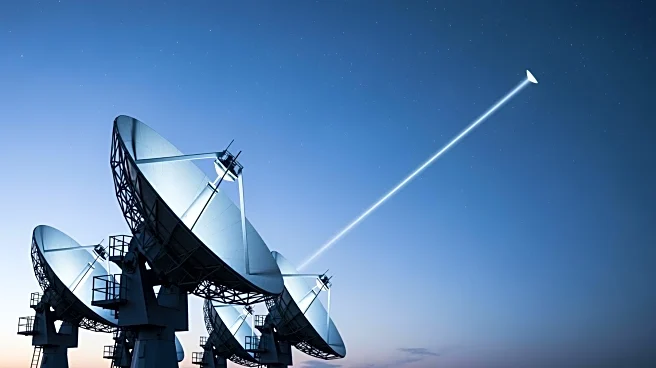What's Happening?
Recent research has uncovered a surprising physical reaction to hearing a baby's cry, where the autonomic nervous system causes an increase in facial temperature. The study involved 41 participants with minimal infant-care experience, who listened to recordings of baby cries while their facial temperatures were monitored. Results showed that cries with higher levels of nonlinear phenomena (NLP), indicating distress, led to a more significant temperature rise. This response was consistent across both male and female participants.
Why It's Important?
The findings provide insight into the unconscious physiological responses humans have to infant distress signals. Understanding these reactions could have practical applications, such as identifying caregivers who are more attuned to infant needs or aiding new parents in interpreting their child's cries. The study also opens avenues for further research into the biological mechanisms behind these responses and their implications for caregiving and child development.
Beyond the Headlines
The study's limitations include the lack of experience among participants and the use of natural recordings, which may not isolate specific cry elements. Future research could explore variations in responses among parents or professional caregivers and refine the understanding of NLP's role in triggering physiological changes. This knowledge could enhance caregiving practices and improve communication between infants and adults.








